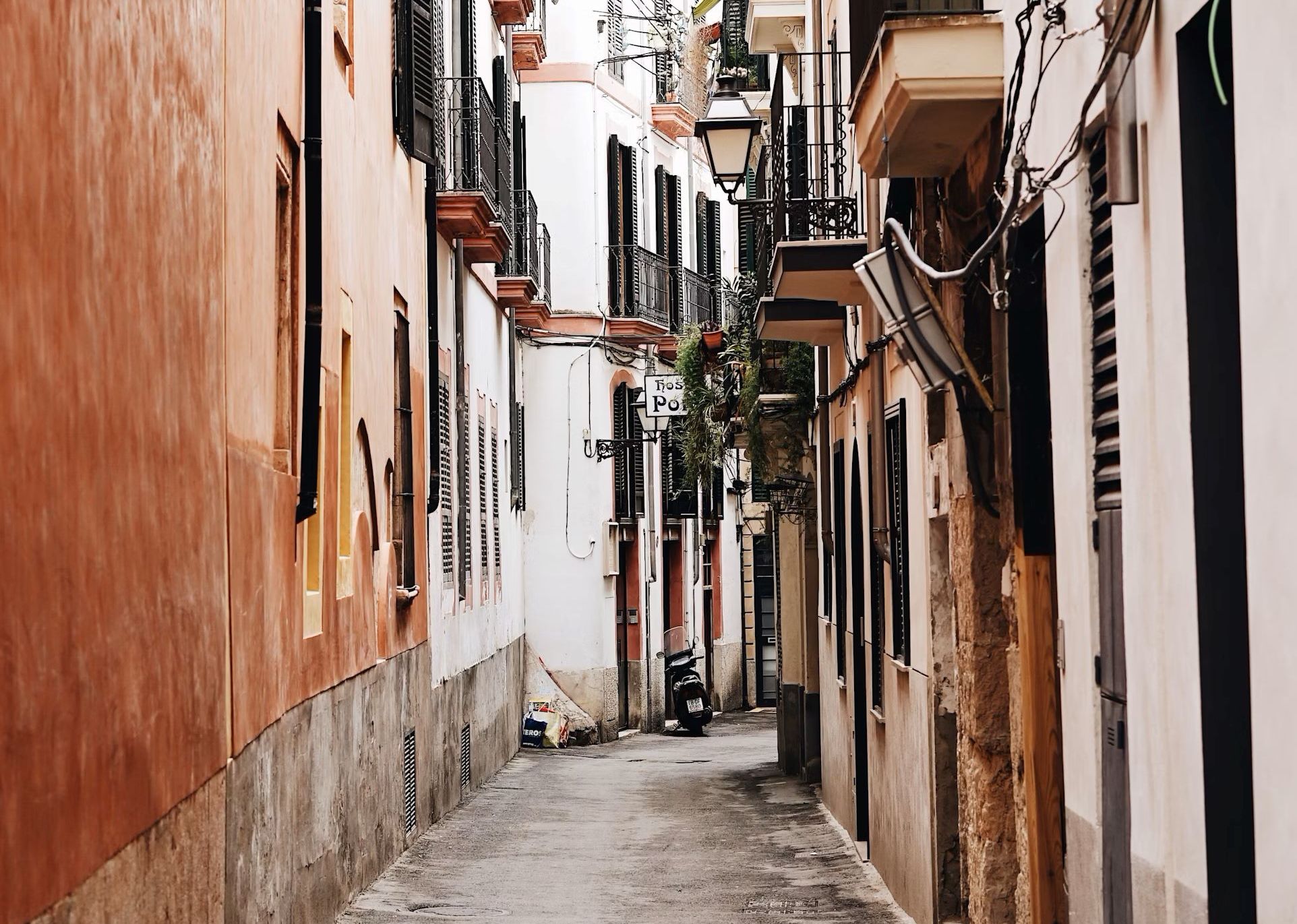
Engaging property owners to promote renewable energy sources
Overview
Spreading renewable energy sources in the private building stock remains a challenge in Mediterranean countries. The real estate tax is a tax levied on real estate by local governments in many countries, based on the value of the property and other criteria. Real estate tax incentives help engage property owners in installing renewable energy sources.
With the support of the LOCAL4GREEN and LOCAL4GREEN PLUS projects (https://local4green.interreg-med.eu/), in some municipalities of Spain and Albania, the real estate tax was reduced by 30% to 50% for taxpayers who own buildings equipped with new systems for the thermal or electrical utilization of solar energy, depending on the specific features of the installations (e.g., varying reductions based on installed power, etc.). Some municipalities granted higher incentives in the residential sector than in non-residential buildings, and the reduction was limited to a certain number of years from the completion of the renewable energy installation.
Evidence of success
In Quart de Poblet (ES) municipality it has been estimated that 1% of households benefit from this bonus, with an average installed power per household of 2.5 kW, resulting in 437,197 kWh coming from renewable energies and 168,321 kg of CO2 eq no longer emitted each year.
Location
Lezhë (AL); Vau Dejes (AL); Quart de Poblet (ES); Pedreguer (ES); Denia (ES); Elda (ES); Meliana (ES); Rafelguaraf (ES);
Timescale
2018-ongoing
Potential of learning or transfer
The real estate tax is paid by many citizens and any renewable energy related incentive can reach many taxpayers. At the same time, the real estate tax is a significant source of revenue for many municipalities. The impact of any reduction in this tax on the municipal budget must be carefully assessed and potentially offset by increases in other taxes (such as higher rates for real estate taxpayers who do not use renewable energy sources or adjustments to other municipal taxes).
Contacts
For the Spanish municipalities:
Yolanda Nicolau: ynicolau@fvmp.org
Francesco Filippi: Francesco.proyectos@musol.org
For the Italian municipalities:
Borghi più belli d’Italia: project@borghipiubelliditalia.it
For the Portuguese municipalities:
Make it Better: team@makeitbetter.pt
Read more ...
- Full description of the municipal fiscal system and analysis of feasibility of the green fiscal model in Bosnia and Herzegovina
- Municipal bylaw regulating the real estate tax incentives to promote renewable energy sources in the municipality of Denia (ES) (in local language)
- Municipal bylaw regulating the real estate tax incentives to promote renewable energy sources in the municipality of Elda (ES) (in local language)
- Municipal bylaw regulating the real estate tax incentives to promote renewable energy sources in the municipality of Lezhë (AL) (in local language)
- Municipal bylaw regulating the real estate tax incentives to promote renewable energy sources in the municipality of Meliana (ES) (in local language)
- Municipal bylaw regulating the real estate tax incentives to promote renewable energy sources in the municipality of Pedreguer (ES) (in local language)
- Municipal bylaw regulating the real estate tax incentives to promote renewable energy sources in the municipality of Quart de Poblet (ES) (in local language)
- Municipal bylaw regulating the real estate tax incentives to promote renewable energy sources in the municipality of Rafelguaraf (ES) (in local language)
- Municipal bylaw regulating the real estate tax incentives to promote renewable energy sources in the municipality of Vau Dejes (AL) (in local language)


